Shades of Enron in California, the greenwashing of stakeholder capitalism, and why your beer tastes weird
Welcome to Callaway Climate Insights, and especially to our new subscribers in these challenging times. Please share with your colleagues and friends.


It was the spring of 2001, only a few months before 9/11, and unprecedented rolling blackouts were hitting California — a combination of disastrous grid management and market manipulation in the bad old days of Enron Corp. Millions of us were in the dark with no good explanation from authorities.
Nineteen years later, Enron is gone but the mismanagement remains, and this time some are blaming the state’s efforts to fight climate change for the series of rolling blackouts over the past several days. California energy agencies rejected claims that their reliance on solar power for three-quarters of the state’s daytime energy was to blame. They said instead that when the sun went down and the California Independent System Operator (ISO) was left with a shortage of energy as temperatures surged above 100°F., it was unable to source energy from neighboring states because they too needed it for their heatwaves. Poor planning.
With 11,000 lightning strikes igniting 375 wildfires over a 72-hour period, and mandatory evacuations of thousands underway in hot spots across Northern California, finger-pointing among energy officials is the last thing we need. The last time this happened, a governor lost his job.
The state should be commended for using renewables for the majority of its energy, but managing the transition from fossil fuels is just as important. Indeed, the entire point of the climate emergency movement is to help us prepare — and invest — for what is coming.
More insights below.
And don’t forget to contact me directly if you have suggestions or ideas at dcallaway@callawayclimateinsights.com.
ZEUS: Breaking down ESG silos with Citi Sustainability Chief Val Smith
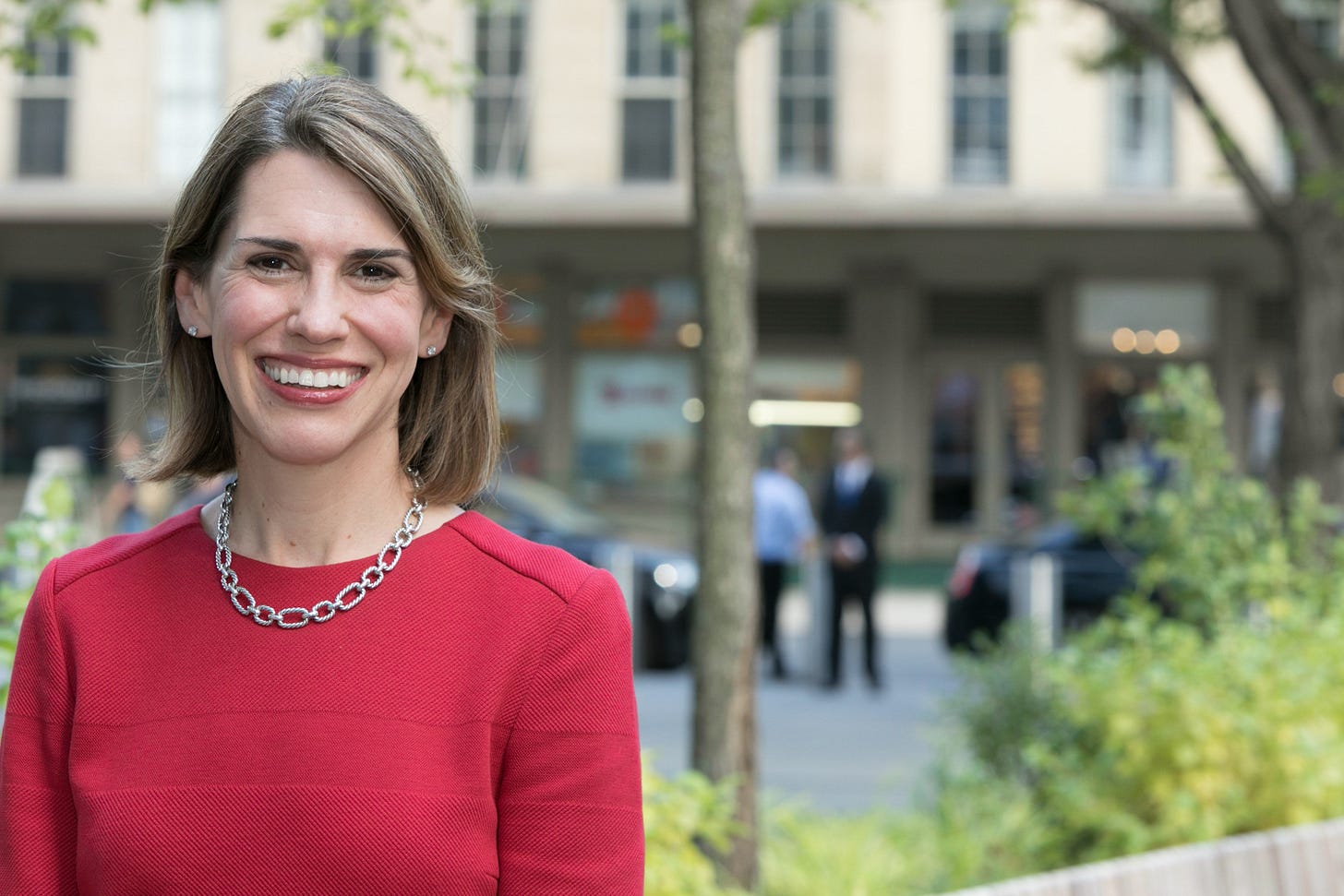
. . . . The role of sustainability executive has changed in the 16 years since Valerie Smith joined Citigroup, but as she celebrates her year anniversary as global head of sustainability there are no shortage of surprises. Starting with Covid-19, which everyone expected would derail climate action for at least a year. Instead, the opposite happened, and Citi is pushing to stake out a leadership position as clients, investors and shareholders react. From her shelter-in-place apartment in Brooklyn, Smith presides over a new $250 billion financing and investment commitment by Citi to fund new businesses, transition plays, and go 100% renewable itself by the end of this year. Here she tells David Callaway about Citi’s next steps. . . .
The greenwashing of stakeholder capitalism

. . . . It was a year ago this month that the Business Roundtable put a stake in the ground with its statement of corporate purpose, a document signed by 200 influential CEOs, which became a major event in the world of corporate governance. But now two Harvard Law School professors, Lucian Bebchuk and Roberto Tallarita, tell Mark Hulbert that a study they did not only casts doubt on the idea of stakeholder capitalism but indicates it could do more harm than good, particularly with regard to climate change.
Hulbert writes how the study included a survey that indicates most of the CEOs didn’t consult their boards before signing the documents, and that rather than raise stakeholders like employees and customers to the level of shareholders, the idea simply gives executives more freedom to do as they please. That underscores the instinctive mistrust environmentalists have for corporate America, and why policy and regulation might be a better way to effect change, the professors argue.
It would be bad enough if statements of new corporate purpose were simply PR stunts that lulled the gullible among us into a false complacency. In fact, the professors show, the proposed changes to corporate purpose — which they classify as “stakeholderism” — very likely will make things worse by reducing corporate leaders’ accountability and increasing their managerial discretion. Do you really trust that those leaders will use their reduced accountability and greater discretion to make climate-friendly changes to their corporations’ practices? . . .
Greta meets Germany's Merkel on second anniversary of Friday strikes
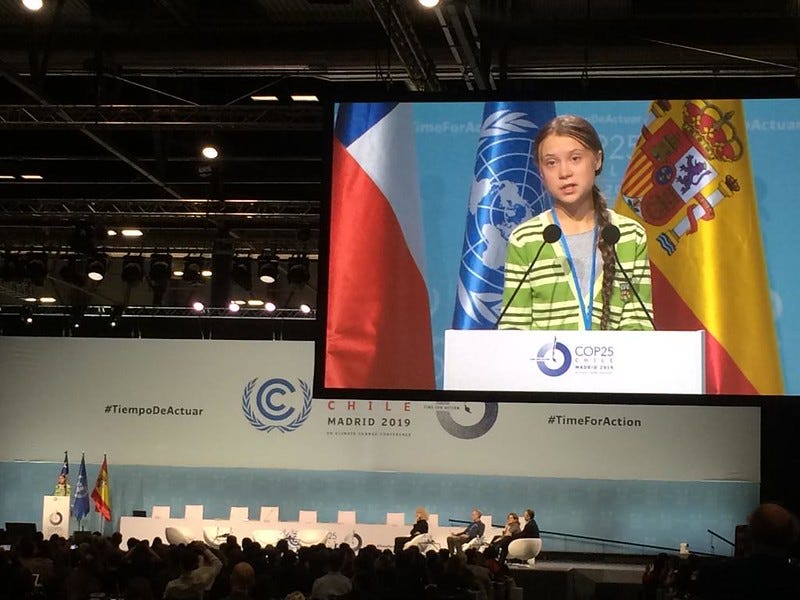
. . . . Swedish environmental activist Greta Thunberg and German Chancellor Angela Merkel met in Berlin Thursday, with Merkel getting some forthright views from Thunberg and fellow climate activists Luisa Neubauer, Anuna de Wever and Adélaïde Charlier.
The environmental campaigners had delivered their critique of European legislators in an op-ed piece published in The Guardian newspaper earlier this week. The group from the “Fridays for Future”’ climate movement vowed to tell Merkel that she must “face up to the climate emergency,” saying it was particularly important as Germany now holds the presidency of the European Council. . . .
European notebook: EU blasts Turkey’s search for energy
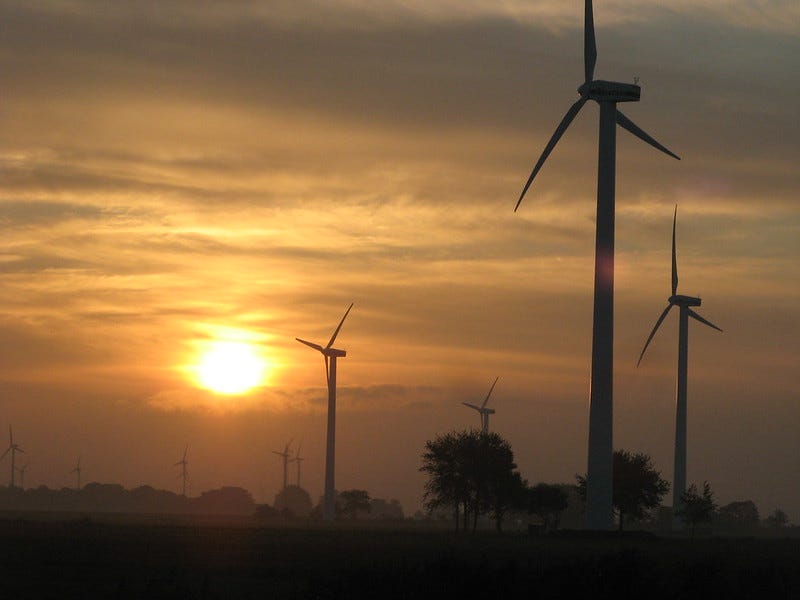
. . . . The European Union and Turkey are at odds over Turkey’s insistence on searching for new energy sources in the Eastern Mediterranean, with both sides digging in, writes Elizabeth Hearst. Also, despite recent enthusiasm in the wind industry in Europe, new numbers show Covid-19 will depress production in both land and sea wind projects this year. And Germany told the U.S. to back off over a new Russian pipeline it wants — one that others say threatens Russian dominance over European energy markets . . . .
Data driven: gone with the wind


. . . . Many key countries now generate around a tenth of their electricity from wind and solar: China (10%), the U.S. (12%), India (10%), Japan (10%), Brazil (10%) and Turkey (13%). The EU and UK were substantially higher with 21% and 33% respectively; within the EU, Germany rose to 42%. Russia is the largest country so far to shun wind and solar, with just 0.2% of its electricity from wind and solar. Ember’s new half-year analysis aggregates national electricity generation for 48 countries making up 83% of global electricity production. It builds on Ember’s annual Global Electricity Review, released in March 2020. Read more at Ember’s global half-year energy analysis. . . .
News briefs: Climate change will alter the taste of your beer
Watch this: The next Dust Bowl? In the middle of a major heat wave, experts fear climate change could bring about more extreme weather. Desert-like conditions are much more likely on a compromised planet, CBS News reports.
Editor’s picks:
Beer will taste different due to climate change
Multilateral development banks’ climate finance tops $61 billion
Commentary: HK banks must do more than just avoid climate risk
Latest findings: New research, studies and papers
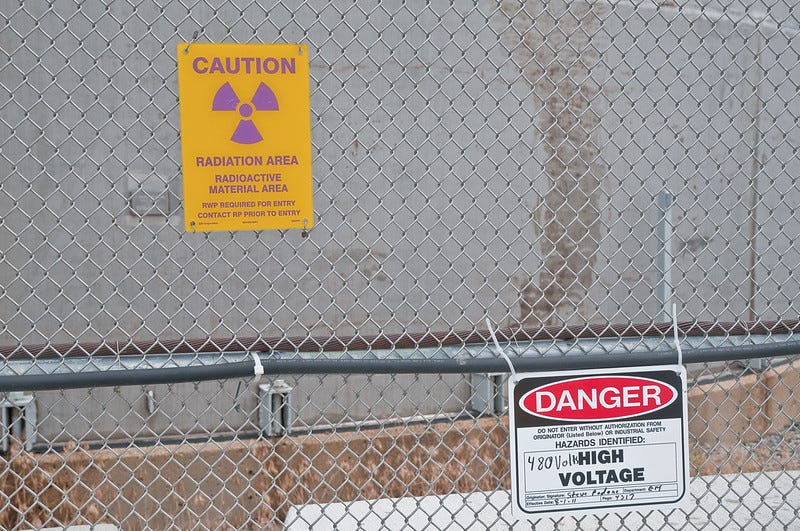
Moody's: Nuclear operators face increasing climate risks
Over the next 10 to 20 years, nuclear operators will face growing credit risks associated with climate change, Moody’s Investors Service says in a new report. Utilizing data from Moody's affiliate Four Twenty Seven, the report examines the exposure of nuclear power plants to the heightened risk of extreme weather events or conditions brought on by acute climate change. According to Four Twenty Seven, parts of the Midwest and southern Florida face the highest levels of heat stress, while the Rocky Mountain region and California face the greatest reduction in the availability of future water supply. “Nuclear power reactors are some of the most hardened industrial assets in the U.S., but they still face rising climate risks, especially if they look to extend their operating licenses for another 20 years,” said David Kamran, a Moody's Analyst.
13 major climate change reports for 2020
Yale Climate Connections wraps up the free studies and reports that contain the latest authoritative information about food security, U.S. flood risks, renewable energy, and much more. If measured by the number of reports put out in just the first half of this year, the coronavirus has not slowed the work of the international, national, and non-governmental organizations keeping an eye on climate change, Yale Climate Connections reports. “Although it has temporarily reduced the amount of greenhouse gases entering the atmosphere, the coronavirus crisis has done nothing to slow the climatic effects of the carbon dioxide already there after decades of fossil fuel combustion. The planet is still warming, the oceans are still acidifying, and more and more humans are experiencing the consequences.” In this edition of YCC’s bookshelf feature, the publication highlights a baker’s dozen of these reports, selected to reflect the broad range of concerns that intersect with climate change, including water, national security, media, health, food, finance, energy, and climate and environmental justice.
Shocks to transition risk
From the abstract: The authors propose and implement a method to identify shocks to transition risk. They identify transition risk shocks as instances where a strong differential valuation of green versus brown firms coincides with significant information on climate change. For that purpose, they combine information from long-short equity portfolios sorted on firms' carbon footprints with information from textual analysis of newspaper archives. They find that shocks increasing transition risk (negative abnormal returns of brown firms) induce a decline in aggregate and sectoral industrial production.
Authors: Christoph Meinerding, Deutsche Bundesbank; Yves Stephan Schüler, Deutsche Bundesbank; Philipp Zhang, University of Zurich - Department of Economics
Available at SSRN
Photo: Nuclear Regulatory Commission.
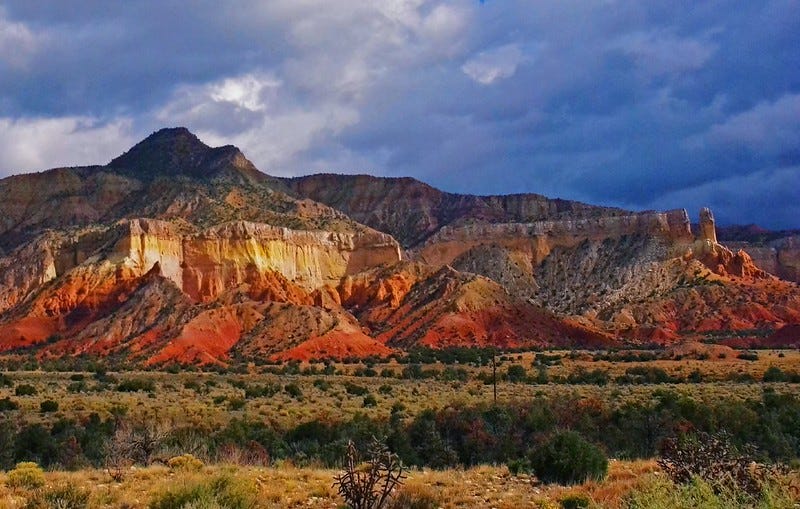
Words to live by . . . .
“We have the chance this November to attack the climate crisis, invest in green 21st-century jobs, and embrace the clean-energy revolution our country — our young people — are crying out for, and the leadership the rest of the world is waiting for.” — New Mexico Gov. Michelle Lujan Grisham, speaking Wednesday to the Democratic National Convention.


